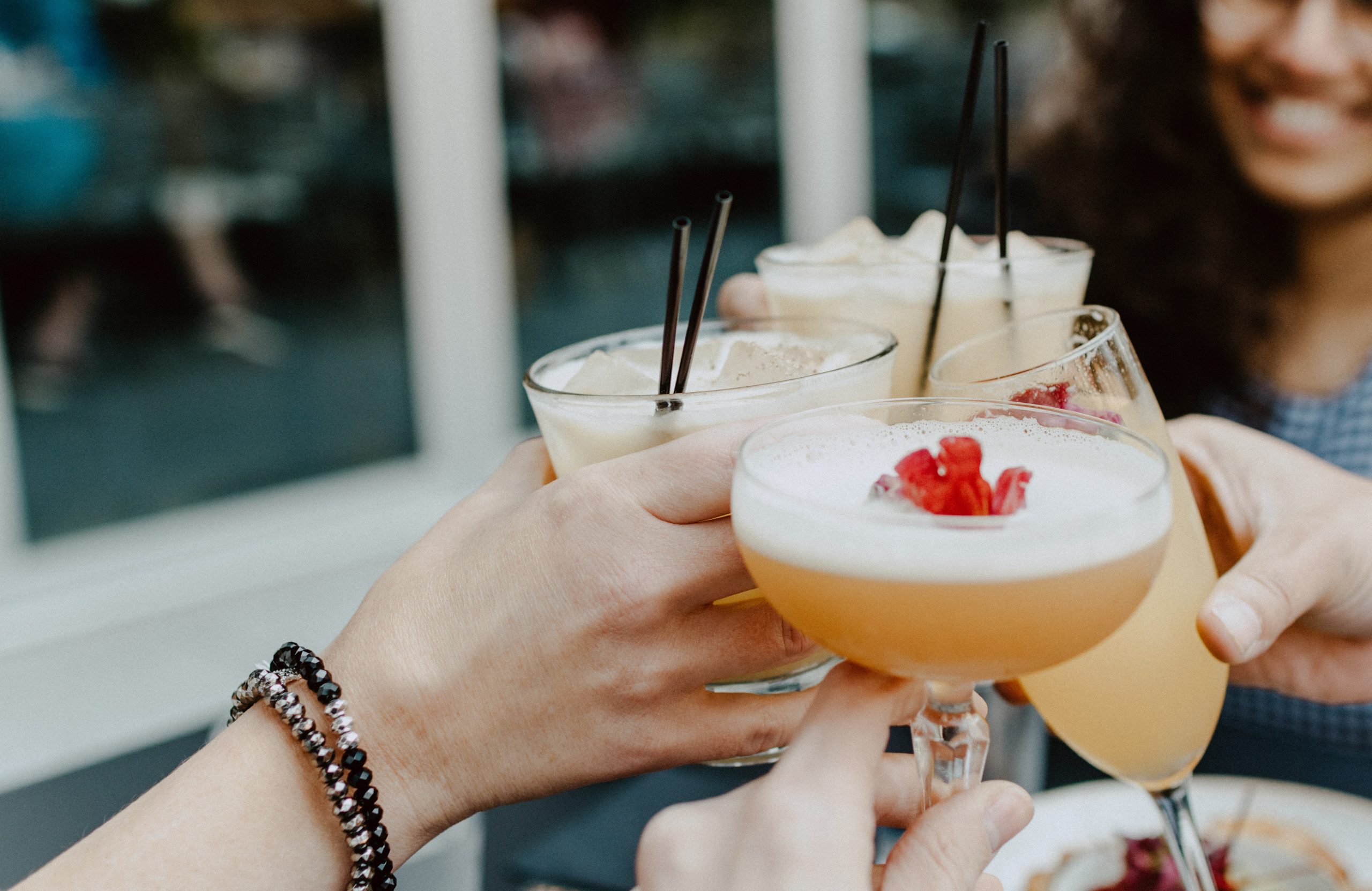Lily Chong is the founder and creative director of Ethical Kind, a luxury sleepwear label that prioritises wellness, self-comfort and style. Their collection is made from cruelty-free, organic Peace Silk, also known as Ahimsa Silk.
A scientist turned entrepreneur, Lily talks to FRANK about her passion for driving social and environmental change through business.
Hi Lily. Your silk loungewear is all made from Peace Silk. Can you tell us how conventional silk is made and your journey to discovering the ultimate ethical alternative?
Lily Chong: Conventional silk is made by breeding the Bombyx Mori silkworm, feeding the larvae with Mulberry leaves, and spinning the cocoon. Once silkworm breeders have harvested silkworm cocoons, the larvae are killed by exposure to high heat, either boiling or steaming. The cocoons are then sorted and softened, ready for reeling, degumming, and dying. After dying, silk fabric may be finished by different processes, such as bleaching, embossing, steaming or stiffening.
When I launched Ethical Kind, I watched a travel documentary about the silk road. It inspired me to research whether this ancient, luxurious fabric could be made sustainably and ethically? Hence, I travelled to China and India to discover the ultimate alternative.
In India, I met with Rajaiah Kusuma, who holds the Ahimsa (non-violent) Silk or Peace Silk patent. His method avoids killing millions of innocent silkworms for the sake of human commercial benefit. While the farming methods are similar as seen in China, the extraction process is very different. I learned the process was much more laborious and time-consuming; saving the live cocoons takes another ten days. It involves piercing and separating the cocoons to free the moth. You get 25 to 30% Ahimsa Silk versus 95% traditional silk.However, it was my encounter with social entrepreneur Chandra Prakash that I discovered the ultimate alternative silk in Jharkhand, India. A small village producing GOT certified organic and natural textile, engaging with local farmers in breeding silkworms and making organic raw silk material to promote regenerative sericulture farming and supporting social uplift in the region. We shared a mission, and I am pleased to introduce our sustainable, conscious luxury organic peace silk nightwear to women.
Hence Peace Silk is more expensive. But you wanted to go one step further?
Lily Chong: Yes. The visits showed it is possible to produce silk ethically and organically, but I eventually discovered a small village in Jharkhand, India, producing eco-friendly, cruelty-free and organic peace silk. The silkworms live in the wild forest, and the silk is extracted from cocoons without killing the pupae inside or sacrificing animal life.
Land regeneration is one of the crucial actions to take in the face of climate change. They promoted regenerative biodynamic farming methods and utilised renewable energy. Farmland regeneration has resulted in reclaiming the lost biodiversity in the region.
Biodiversity is essential for the processes that support all life on earth, including us humans. By land regeneration, we encourage a wide range of animals, plants, and microorganisms; without them, we cannot have the healthy ecosystems that we rely on to provide us with the air we breathe and the food we eat.
How did you make the leap from being a scientist to starting up your own business? At what point did you decide to make that huge step?
Lily Chong: The leap was more of a progressive step. I left a job in Life Sciences and renewables, where I first used my commercial experience to support social enterprises. From this, I knew I wanted to start a business that was a force for good and not just another brand. My science background has helped, as I love the learning process, I am naturally drawn to health issues and I want to discover how everything works.
You have seen the impacts of fashion on rural communities, who still face education and social barriers caused by poverty and cultural norms, particularly girls. How is Ethical Kind helping to change this?
Lily Chong: To this date, silk production is a labour-intensive cottage industry whose workforce consists of family units. It supports the backbone of many rural families and livelihoods and plays a significant role in developing the world’s economies. At Ethical Kind, not only are we helping these communities through our ethical and fair-trade business, but we also contribute directly.
For every purchase, we donate 5% of its net turnover to the NGO Adivasi Kalyan Samitee, which focuses on rural and social upliftment, providing education, skill training, and development programs that mainly benefit women and children in Jharkhand, India. This year we were able to help provide a tutor and the necessary sanitisation and face masks so children could return to the village school.
You discovered your family in China were silk makers through the generations. Can you tell us how this has influenced you?
Lily Chong: It was a bit serendipitous. When I was a child, I lived with my single mother, who worked as a seamstress and grandparents in Hong Kong. I recall their home was full of silk duvets. I vividly remember my grandmother eating the silkworm pupae, which is considered a delicacy in China. However, it was the stories that my mother told that have influenced me the most.
As a young girl, my grandfather denied her further education. His views were for girls to work, look after the family, and get married, a cultural norm that stems from old family systems as working silk farmers.
It is fantastic to be part of this change now. We are preserving the industrial heritage and involved with the local community to create a better economic perspective for women and children so that future generations can thrive.
What have been the main challenges you have faced in your business?
Lily Chong: The main challenge we face is that many consumers are still unaware of the intricacy and impact of organic peace silk products versus conventional silk. We also face new competition. Many consumers seek the cheaper or more available semi-synthetic or synthetic alternatives that are easier to care for, look and feel like silk. For example, rayon/viscose and polyester have taken some of the silk’s market share and rely more on the fast fashion model.
How can we tell if a silk garment has been ethically produced without cruelty to silkworms?
Lily Chong: A consumer should check and not be afraid to ask the brand for its silk origin and traceability. I think a good brand should be able to tell you its credentials. Unfortunately, there are no certification authorities to guarantee that Peace Silk standards are upheld right now. However, we are working toward this with our producers. We can proudly say our organic peace silk is fair trade and GOT certified.
Another way a customer might tell that the garment is produced ethically without cruelty to silkworms is through touch. Peace silk is a spun fibre, just as wool or cotton staples are spun into yarn. The high sheen and lustre seen in conventional silk are exchanged for a slight texture cloth. However, the difference is very subtle.
What are you currently working on in your business?
Lily Chong: I’m just about to have my first baby, so I’m trying to get organised for the imminent arrival! Business-wise, we are working on some wellness content.
Ahimsa is the first principle in yoga practice, which means non-violence in all aspects of life. We like to embody “kindness” or “compassion” to ourselves, other beings, and nature.
While it is easy to be kind to other people, I think women find self-compassion more challenging, especially with managing everyday stresses and succeeding in family and work life. Getting enough quality sleep is vital to protecting our mental health, physical health, quality of life and safety.
Many women struggle to get the sleep they deserve. In addition, women have to deal with many hormonal changes, from the monthly menstrual cycle, pregnancy, and menopause.
We wanted to support these women, so we’ve been working on a brief yoga sequence to help prepare your body and mind for deep sleep. The yoga sequence is designed to do in the comfort of your pyjamas. The content will be released and made available to our subscribers and customers.
Follow Ethical Kind on Instagram at @ethicalkind and on Facebook at Ethical Kind.
Photo Credit Yoshitaka Kono https://www.instagram.com/yoshitakakono/












